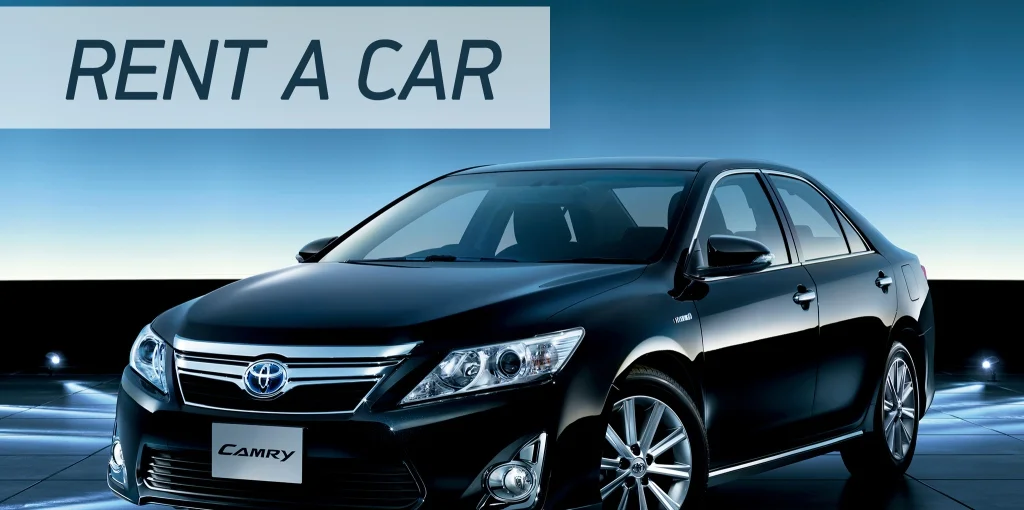Tax Freedom Day, which measures the total tax burden compared to Brits' total incomes, falls on June 3rd this year. Everything we earn from every source for 153 days goes to the government and its programs; everything from today to the end of the year we spend ourselves. This is the latest it has been for fifteen years, and the evidence suggests a big government is an unwieldy one, and one that reduces growth. One way we could reduce it in a way that the average person will really feel is by raising the threshold you have to earn before you pay national insurance.
Britain used to have a contributory welfare system, driven by the recommendations in the Beveridge report, a surprise best-seller in 1942. People paid in, through national insurance, and gained eligibility for various social insurance and welfare benefits: pensions, the dole, sickness benefits, and so on.
We still pay national insurance contributions, fooling many into believing that there is still a pot in which these pile up, ready to pay for our needs when we age, or lose our jobs. This is a façade; the pot no longer exists. The contributory system has effectively withered away, and we should cut some of the complexity out of our tax system by making that official.
People pay national insurance if they earn above £155 a week (equivalent to £8,060 a year). The fact that eligibility is determined by weekly pay, rather than annual salary, hearkens back to the system's 1940s origin. But these contributions have become tied only nominally to the receipt of benefits.
The last government did away with most of the complexities in the state pension to do with different levels of payment. That means it is all-but universally given at the same level now: £155.65 per week, and will in principle be given only to those with 35 years of national insurance contributions. But the current system gives national insurance credits not only to those earning above £155.65, but also those claiming jobseeker's allowance, employment and support allowance, child benefit for kids under 12, or carer's allowance, as well as those earning above £112, and so not paying.
The government, thankfully, is no longer trying to do the job of pension providers. It is trying to guarantee that no pensioners need to live in poverty. In so doing the contributory link has been broken on both payments; you don't need to pay to generate eligibility and the amount you pay does not affect the size of the payments you're eligible to. But because people are told they're contributing, some still believe they are saving up for their retirement, or for difficult spells, when they hand over NICs to the government.
We should acknowledge this disconnect by rolling national insurance contributions into the income tax, and starting them at the same threshold, so people know exactly how much they're paying. What's more, this should be our main strategy for tackling low pay, rather than the national living wage. The Adam Smith Institute’s recent paper 'Abolish the Poor' showed how simply lifting those working full time on the minimum wage out of income tax and NICs would bring them to the living wage income, without the risks of unemployment or an early shift to automation that come with wage price fixing.
The government has already made impressive steps on income tax, taking many low paid workers out of the levy entirely, but NICs have been left by the wayside. An NIC cut would boost work incentives and return money to the badly off at the same time, without risking unemployment.
The link between contributions and benefit receipt is gone in all but name. It was a system built for a time when a single earner was expected to support a family, and where the biggest problem was unemployment, not low wages. In practice, the welfare system has adjusted to the new reality, but the language and framework remain. We should recognise the situation as it is and cut away the final remnants of the old contributory link, rolling NICs into income tax and raising the NIC threshold so that we are taking less tax from the lowest earners. Doing so could give minimum wage workers a living wage, without the unemployment that risks. Beveridge's ideas may have been good for 1942, but they are not a good fit in 2016.









